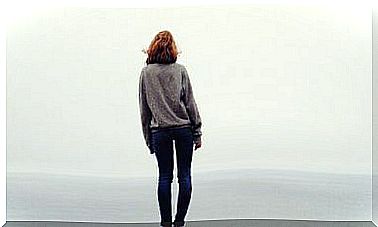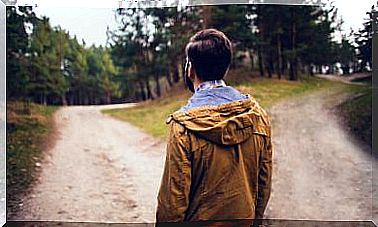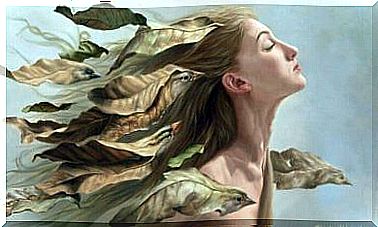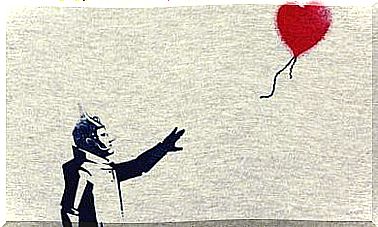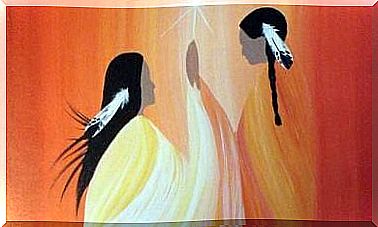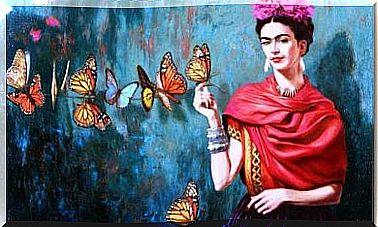Phytotherapy For Anxiety And Depression
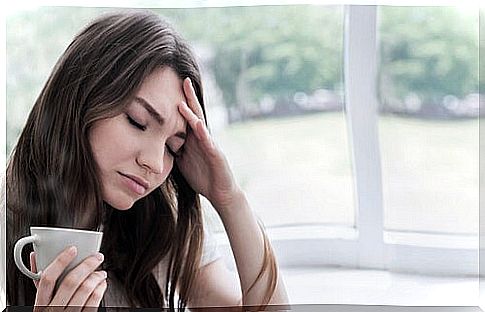
Anxiety or mood disorders are behind much of the discomfort that people feel in our society. Faced with these problems, we have different tools to design and propose an intervention. Thus, in this article we will focus on how herbal medicine can be used for anxiety and depression.
Phytotherapy consists of treating diseases through the use of plants or plant products. Currently, there is much scientific evidence of its effectiveness, especially in mild and chronic conditions. However, to achieve this effectiveness, it must be used appropriately.
Let’s see how herbal medicine can help in the treatment of these common disorders such as anxiety and depression.

Anxiety
Anxiety disorders present with episodes of intense worry and fear about everyday situations. Panic attacks that are difficult to control can occur. These episodes can be prolonged in time and are not proportional to the real dangers.
Conventional anxiety treatment
Common treatments for anxiety include drugs and psychotherapy. Regarding psychological therapy, it is usually carried out according to the cognitive-behavioral therapy approach that helps the patient to control situations and symptoms.
Regarding pharmacological treatment, there are many anxiolytic drugs specially designed for the treatment of these disorders. Among them we find the well-known benzodiazepines, such as alprazolam, bromazepam, lorazepam or diazepam.
Sometimes antidepressant drugs, low-dose neuroleptic drugs, such as risperidone or quetiapine, and even some antiepileptic drugs, such as gabapentin, are also used.
Depression
Depression is a mood disorder that causes constant feelings of sadness and lack of motivation. It is often accompanied by tiredness, lack of energy, sleep disturbances, feelings of guilt, suicidal thoughts, etc.
Conventional treatment of depression
As in the case of anxiety, both psychotherapy and antidepressant drugs are usually used, although there are also other alternative therapies. Within the antidepressants we find different types; among them are:
- SSRIs or Selective Serotonin Reuptake Inhibitors, such as fluoxetine, sertraline, paroxetine, or escitalopram.
- MAOIs or Monoamine Oxidase Inhibitors, such as selegiline.
- Serotonin and norepinephrine reuptake inhibitors, such as duloxetine or venlafaxine.
- Tricyclic antidepressants, such as imipramine or amitriptyline.
- Atypical antidepressants, such as mirtazapine, bupropion, or trazodone.
Phytotherapy for anxiety and depression
Treatment of these disorders is often complex. Phytotherapy for anxiety and depression has been effective on certain occasions and with certain patients.
It is not a question of eliminating pharmacological treatments but, many times, of complementing them or reducing their doses.
The most effective plants in the treatment of anxiety and depression are, among others:
- Valerian.
- Tila.
- Hops : it is indicated in the treatment of mild symptoms of mental stress. According to its traditional use, it is effective for anxiety and restlessness.
- Passionflower.
- California poppy : it is indicated as an anxiolytic and sedative. It can be used in states of anxiety, sleep disturbances and nervousness.
- Melissa : improves mood, has beneficial effects on cognitive behavior, reduces stress and has anxiolytic properties. It is indicated for states of restlessness, tension and irritability.
- Azahar.
St. John’s wort, for example, is one of the most effective plants against depression. It is accepted by the AEMPS or Spanish Medicines Agency as effective in the symptomatic treatment of states of decay that are accompanied by fatigue, sleep disturbances, discouragement and lack of interest.
It is therefore indicated in episodes of mild to moderate depression. It must be taken into account that St. John’s wort can interact with other drugs, such as amitriptyline, some benzodiazepines, simvastatin, digoxin, finasteride, some oral contraceptives, etc.
Regarding adverse effects, it must be remembered that no treatment is exempt from them. Even if they are medicinal plants, you should always follow the specialist’s instructions. Do not stop consulting your doctor, especially if different treatments are combined, as these can interfere with each other.

Conclusion: herbal medicine for anxiety and depression
Conventional treatment of anxiety and depression is often limited by the presence of side effects or drug interactions, for example. This is due to the fact that drugs are often abused as the first and only measure against these disorders.
Therefore, and taking into account that each person is unique and each case also, it is necessary to look at other alternatives, such as herbal medicine, that can help us with perspective.
Other examples are psychotherapy, proper nutrition, physical exercise, stress management, the use of probiotics, etc. Be sure to consult your doctor to help you find the treatment that best suits you.
